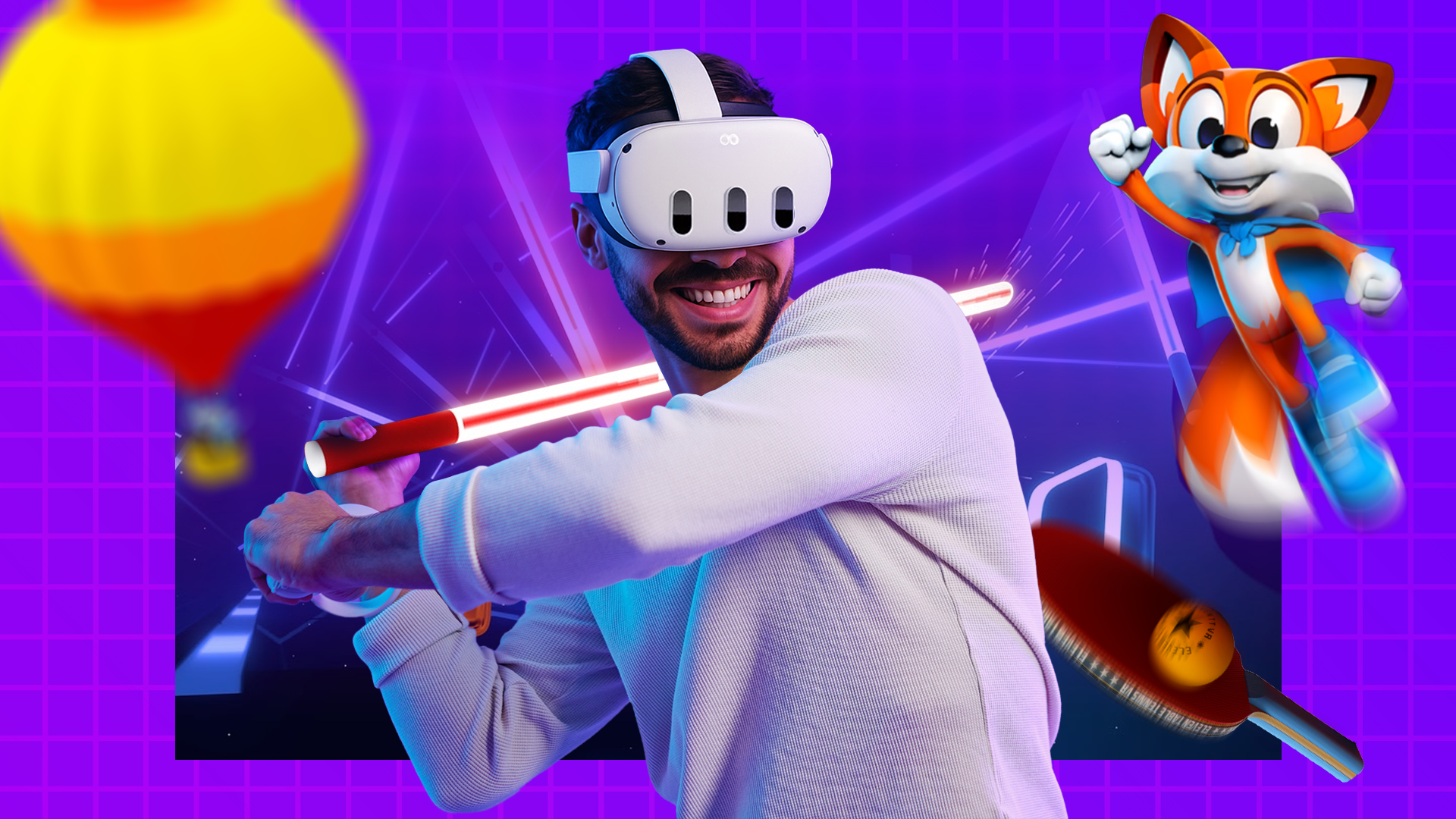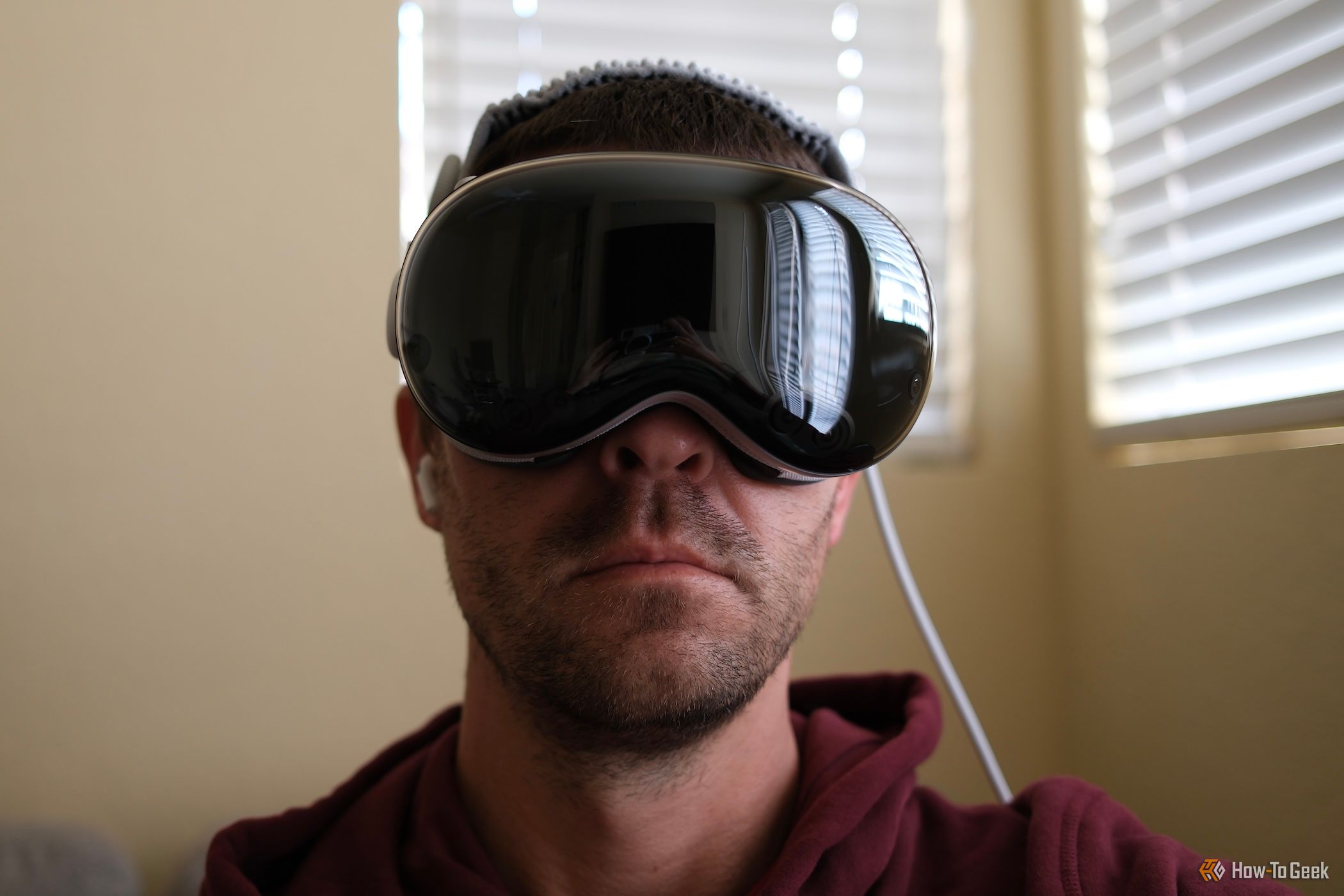Meta’s Quest headsets are inarguably the most successful mainstream VR product yet. It took VR from a strong niche product, to something that anyone could afford and enjoy. No PC needed, just put it on and play.
Sadly, the Meta Quest 3, despite stellar reviews, hasn’t been selling too well and (according to UploadVR) the Quest 4 is supposedly delayed until 2027—with the possibility that it might never see the light of day.
It Looks Like the Quest 4 and 4S Might Be Canceled
According to the UploadVR story, sources who spoke with the publication stated the two candidates would have become the Quest 4 and Quest 4S were shelved. Moreover, the next candidate for a headset in the same form factor as the current Quest VR line of products will come at the earliest, in 2027.
On the one hand, this is good news for anyone who bought a Quest 3 or 3S, because it means your investment will be relevant for a long while yet, and for people like me who tend to skip a generation, I might as well trade in my well-worn Quest 2 for the shinier model because something better won’t be coming for a while.
VR’s Growth Hasn’t Been on Track
On the other hand, this feels like a bad signal for the VR industry as a whole. As reported in UploadVR, the Meta Quest 3S (the cheaper variant) had a strong start, but tapered off quickly, lacking momentum. Meanwhile, sales of Meta’s XR Ray-Ban sales have rocketed in comparison, which might offer a clue as to why the Quest 4 is delayed or (maybe) canceled.
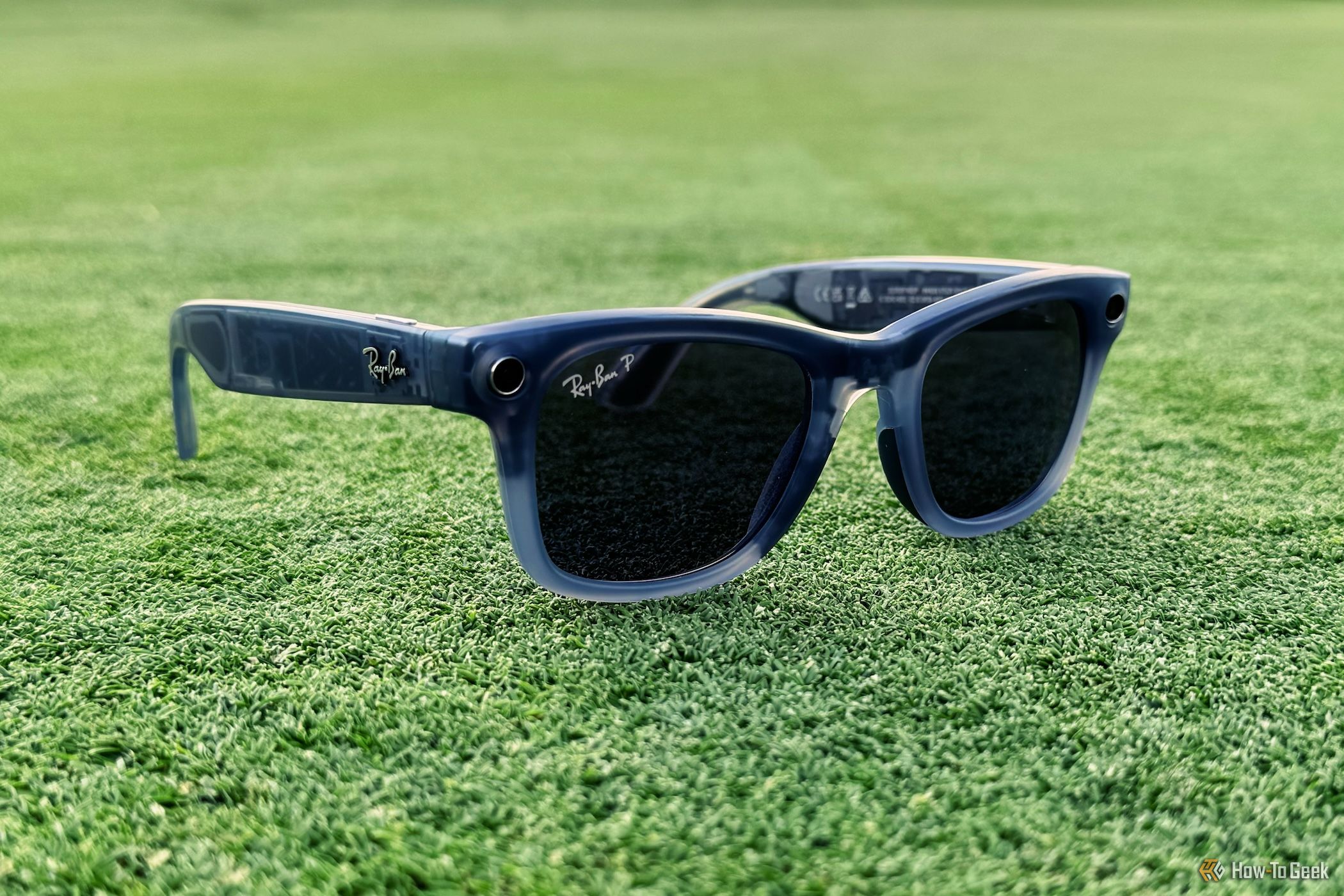
Related
Ray-Ban Meta Smart Glasses Review: A True Beginning for Intelligent Frames
AI built-in makes these glasses smart, but Ray-Ban’s style, decent camera, and great audio make them cool.
The Quest 4’s Rumored Replacement Might Be a Clue for the Future of Headsets
The supposed (alleged, etc.) reason the Quest 4 project has been deprioritized seems to be concentration on a different headset. This one would be more like the Apple Visio Pro—an XR device with a computing puck and no controllers.
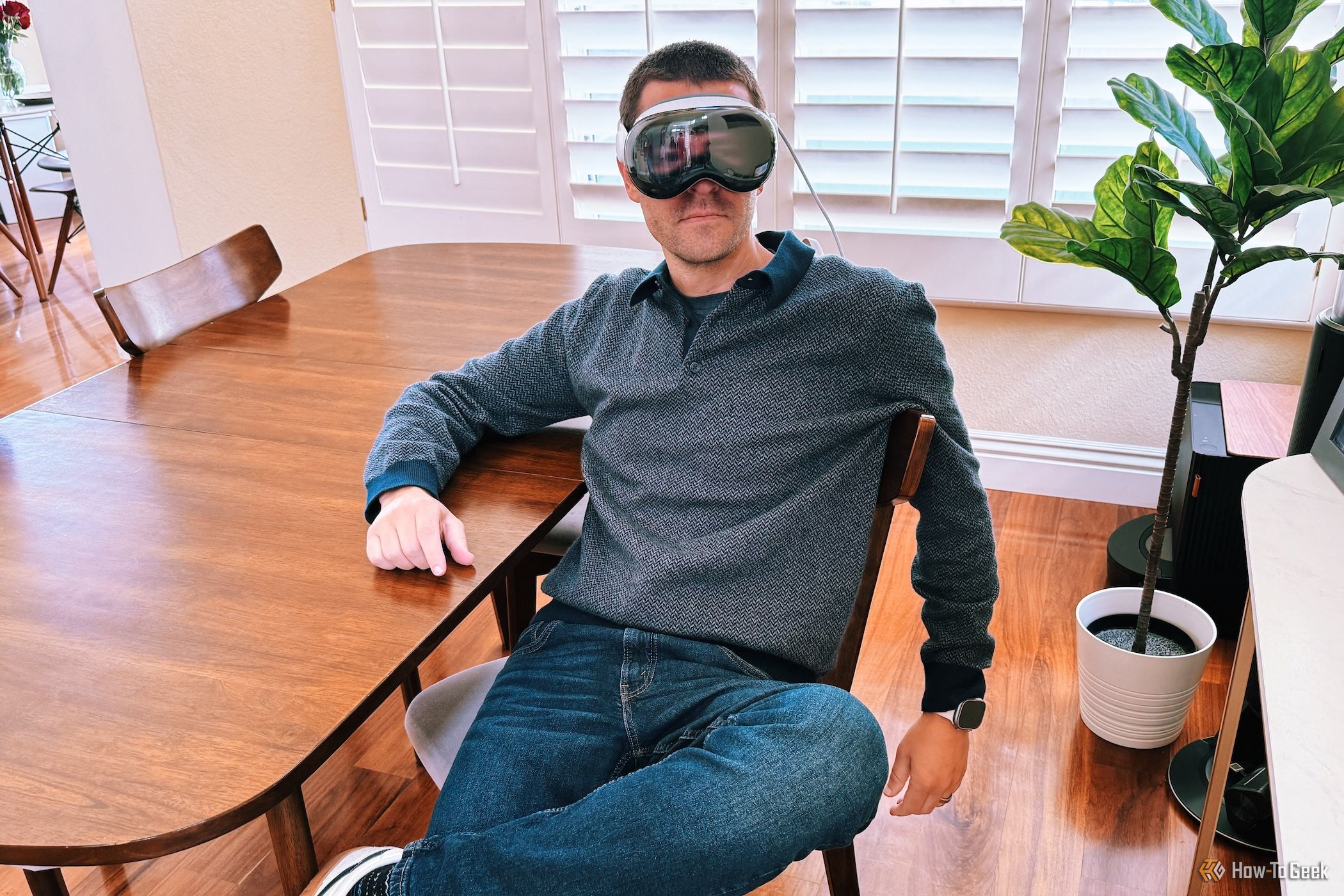
Related
Apple Vision Pro Review: The Era of Face Computing Is Here
The Vision Pro delivers magic, but the hardware that it delivers it in could be better.
The project codename for this ultra-light headset is “Puffin” and it looks like it may launch at the end of 2026. It’s an “open-periphery” device, which means that it won’t completely cover your field of vision. That makes it more like AR glasses or Microsoft’s Hololens. Puffin may have different versions with different display technologies and approaches.
With the Quest headsets, Meta has already built all the software solutions it needs to create a headset like this. The recent Meta Horizons OS update has brought the look and feel of Quest more in line with Apple’s approach. Hand-tracking has been perfected over the years, and honestly, unless a game or app demands it, I almost always default to using hand-tracking with my Quest 2.
With the Quest 3 bringing high-resolution color exterior cameras to the game, the Quest became a proper mixed-reality headset, and so moving from that to a Vision Pro type of headset isn’t a major leap.
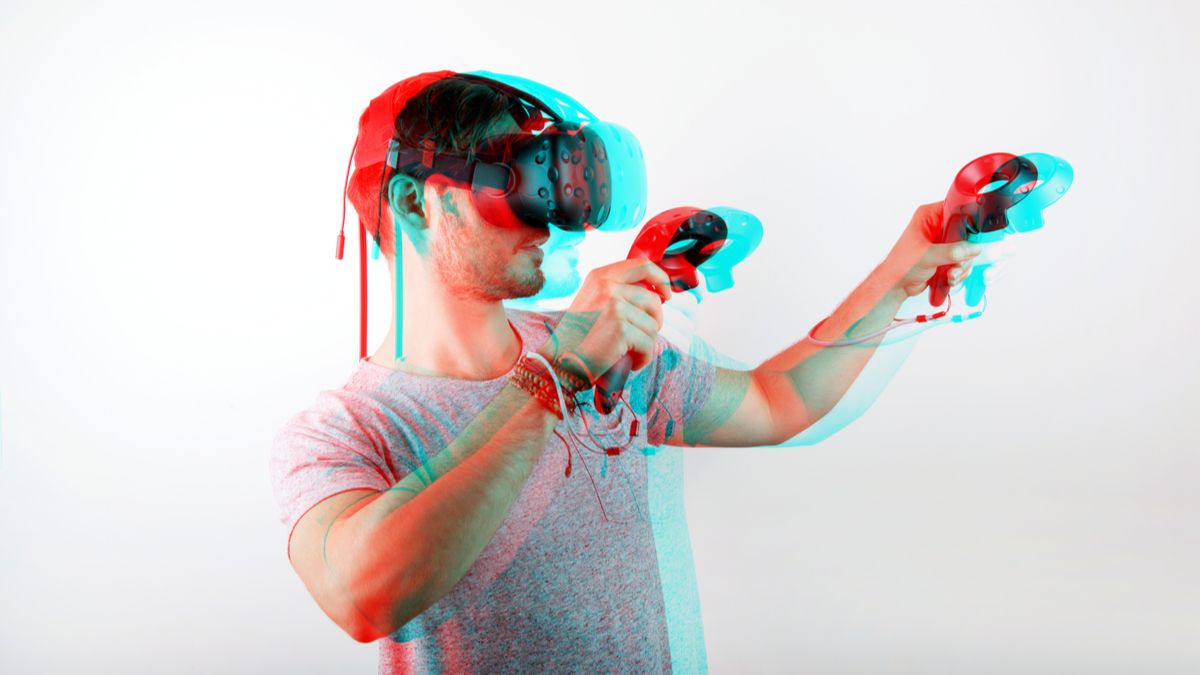
Related
What Is Extended Reality (XR), and Will it Replace VR?
XR is a concept that ties together AR, VR, and MR into an interconnected field.
Is VR In Trouble?
The Quest series of headsets was the standard-bearer for the hope that VR could be a mainstream success. Even Sony’s PS VR 2 headset has been a sales disappointment, despite being a fantastic piece of hardware, at a great price which is now even lower. Combined with the PC Adapter, I rated it as the best deal in PC VR, but the public it seems remains unmoved.

Related
PlayStation VR2 PC Adapter Review: The Best Deal in PC VR
If you like PC VR, you’d be mad not to get it.
So yes, perhaps the traditional VR headset is doomed to remain a niche item. At least it seems even killer apps like Half-Life Alyx simply weren’t enough to move units. A general-purpose mixed-reality headset that could also do most of the VR stuff, however, might be an easier sell.
I think Meta has probably come to the conclusion that customers would respond better to something discreet that doesn’t entirely cut them off from the real world, and integrates into daily life. As opposed to a device that you have to set aside time and space to use. In other words, something closer to the role a smartphone currently plays, than a dedicated VR headset.
For what it’s worth, I personally think a successor to the Quest 3 will eventually see the light of day, but only when it offers something substantially better than current headsets, and not just incremental improvements. Failing that, aggressively shrinking current VR technology is another viable way forward.

